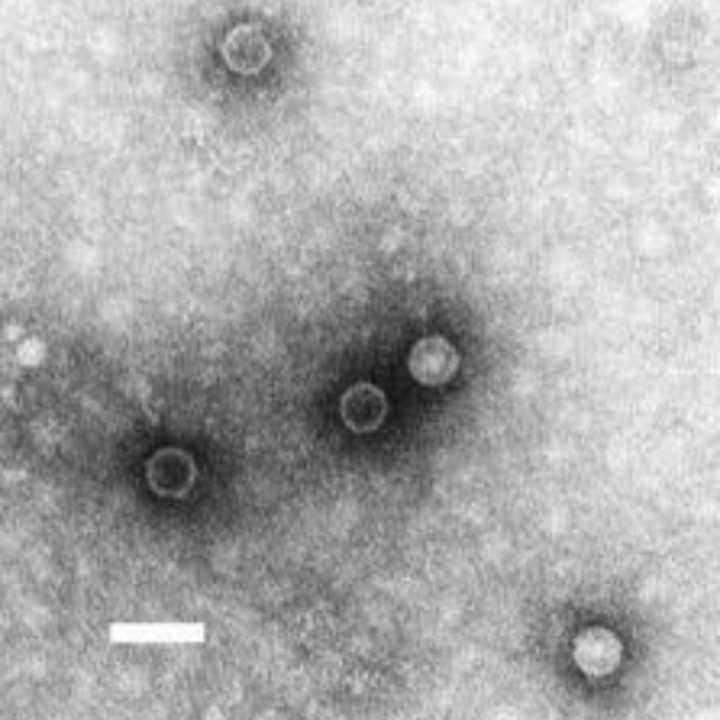State Health Commissioner Dr. Mary Bassett declared polio "an imminent threat to public health" in New York State Wednesday, Sept. 28.
The declaration will free up resources to help local health departments set up vaccination clinics and better focus their outreach efforts to unvaccinated or under-vaccinated New Yorkers, Gov. Kathy Hochul’s office said.
Health officials are hoping to boost immunization rates particularly in areas that have been most affected by the virus and among children.
“Thanks to long-established school immunization requirements, the vast majority of adults, and most children, are fully vaccinated against polio,” Bassett said.
“Our focus remains on ensuring the on-time administration of polio vaccination among young children and catching kids and adults up who are unimmunized and under-immunized in the affected areas.”
With the declaration, local health departments will be able to claim financial reimbursements for costs incurred from community outreach and education.
State and local health officials also continue to monitor wastewater samples across New York, which can indicate whether polio is spreading, officials said.
The disease has been found in wastewater samples taken from several areas, including Rockland, Orange, and Sullivan counties, as well as Nassau County and New York City.
It was first confirmed in Rockland County wastewater in July 2022, days after health officials confirmed that the county had the first confirmed case of polio seen in the United States in nearly a decade.
When the disease was found in more wastewater samples, Gov. Hochul declared a state disaster emergency on Friday, Sept. 9, which expanded the network of polio vaccine administrators to include EMS workers, midwives, and pharmacies.
It also authorized doctors and certified nurse practitioners to issue standing orders for polio vaccines and required healthcare providers to send immunization data to the state health department to better target vaccination efforts, Hochul’s office said.
Polio is a highly contagious, viral disease that can lead to permanent paralysis of the arms and legs and can be fatal due to paralysis in the muscles used to breathe or swallow.
Symptoms of polio include fatigue, fever, headache, stiffness, muscle pain, and vomiting, and can take up to 30 days to appear, during which time an infected person can be transmitting the virus to others.
The most important way for children and adults to protect themselves is to get vaccinated if they have not received all recommended polio vaccine doses, health officials said.
More information about polio and vaccines can be found on the Department of Health’s website.
Click here to follow Daily Voice Mt. Kisco and receive free news updates.
